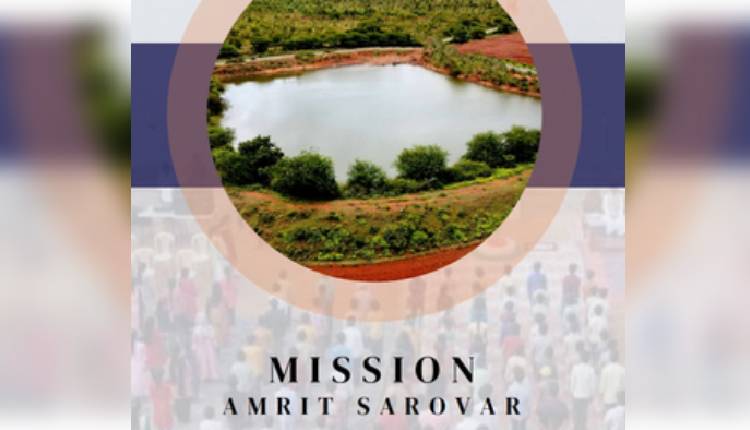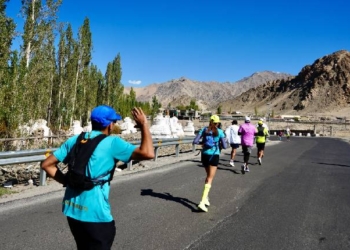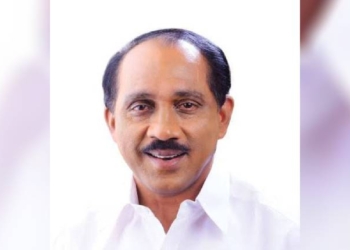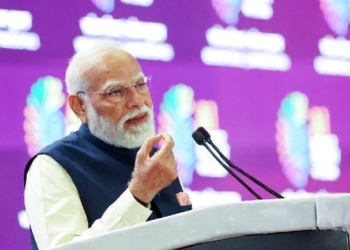Mumbai: In August 2023, Prime Minister Narendra Modi announced the completion of a unique ‘Amrit Sarovar Abhiyan’ (ASA) which rejuvenated the water bodies in semi-urban and rural areas of the country to solve their water problems.
Under the scheme launched in April 2022, it was envisaged to create at least 75 such Amrit Sarovars in each of the 766 administrative districts of India to improve the storage of water for drinking, irrigation and animals and provide a long-term solution to the water crisis experienced in summer each year.
According to the Union Ministry of Rural Development, the ASA envisaged more than 50,000 rejuvenated ponds/lakes all over India.
Till December 2023, 83,500-plus such works were undertaken of which nearly 68,200 projects were completed.
In Maharashtra, Union Minister Nitin Gadkari kickstarted the initiative in May 2022 by launching 20 Amrit Sarovars, each with a water storage of 1,276 TCM in Akola and surrounding regions.
Deploying the Buldhana pattern of water conservation, more than 500 water bodies like lakes and 300 farm ponds have been revived under the ASA, increasing the water storage by over 34,000 TCM at no extra cost, by deepening and rejuvenating the water bodies.
The soil, silt, stones and other material extracted from the reservoirs are being recycled for use on the national high networks, and the work has already been completed on more than two dozen big and small lakes.
Citing an example of Akola, officials said that the original irrigation potential was 150 hectares, but after the ASA drive, it has increased to 663 hectares with the increased water availability through the revival of the water bodies, which will be a boon in the drought-prone regions of the country.
Union Minister Gadkari urged all the 71 Agricultural Universities in India to benefit from the ASA schemes and cited the example of the Dr. Panjabrao Deshmukh Agricultural University in Akola which even auctioned two such ASA lakes for Rs 800,000, and the model helped people in 18 villages with a total population of over 100,000 through water recharge techniques.
In another scheme in 2022, more than 50-TMC surplus water was released from the Krishna River dams in the Satara and Sangli districts of western Maharashtra to help more than 450 villages in seven drought-prone talukas of the region.
The move came after a pilot project proved to be successful in 2020 and 2021, since after the dams in Satara and Sangli started overflowing, the excess water flowed down through the Krishna river to the neighbouring Karnataka state.
However, now the excess water that earlier flowed out of the state is gainfully utilised in Maharashtra, fulfilling an old demand of the local population to quench their thirst, especially in the summer months, plus for agricultural uses.
Earlier in 2020, the Pune water authorities had started pumping water to lakes in Sangli and Solapur districts to reduce the risk of floods and help the people in the drought-hit areas till the monsoon season.
With the additional flow of water supplied, an area of over 2.40 lakh hectares is getting irrigated in the Takari, Mhaisal and Tembhu schemes and more such works are in the pipeline.
(IANS)
















